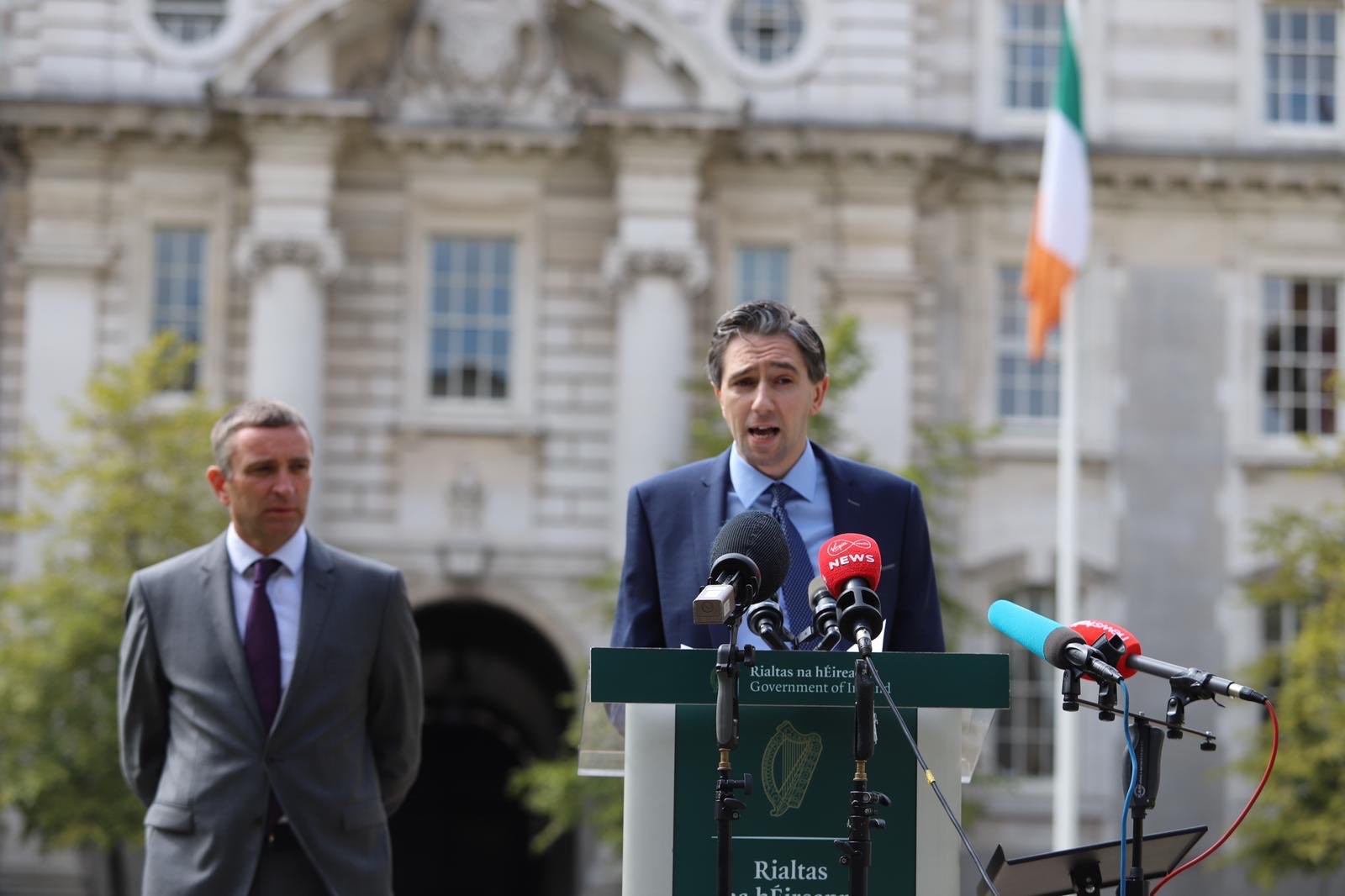A survey is to be sent out to all staff and students in higher education, to enquire into previous experiences of sexual assault and/or harassment. This survey, to be sent out this week, is part of a “zero tolerance” initiative, aiming to create safer university campuses.
One aim of this survey is to gauge awareness among staff of policies and supports in place to address sexual violence and harassment. The survey also examines staff’s views on and experiences of these issues in Irish Higher Education.
The survey will ask students about any prior experience of sexual harassment and/or sexual violence. Issues to be addressed in the survey include crimes of sexual violence, sexual cyberbullying of any kind, stalking behaviours of a sexual nature and sexual harassment in a sexual context, both verbal and physical.
The survey is being conducted by the Higher Education Authority (HEA) and all 30,000 staff and 235,000 students in higher education will be sent a copy of the survey by their respective Higher Education Institutions (HEIs).
According to the Department of Further and Higher Education, the survey defines sexual misconduct as “any form of unwelcome behaviour of a sexual context, that may be subject to disciplinary proceedings”.
Staff will be asked of their awareness of existing policies regarding such issues, whether they are aware of the availability of training and whether they would feel safe reporting allegations.
Minister for Further and Higher Education, Simon Harris has asked the HEA to carry out these surveys to inform future planning for national equality and diversity. The evidence base garnered form this survey will inform future policy planning in regards tackling sexual violence. The HEA has worked with stakeholders to develop these nationalised surveys to monitor the experience of staff and students.
Speaking yesterday, Minister Harris has said that “this will be the opening of a conversation with students and staff of our higher education institutions” “It is a conversation which may trigger difficulties for many people” he continued.
“Our priority here is to have an open and honest conversation about sexual harassment and how our third level sector can become a leader in confronting these challenges.”
The decision to release this survey comes after significant concern has been raised regarding the scale of the problem of sexual harassment in third level institutions. A survey done by Union of Students in Ireland (USI) found that out of 6000 students surveyed last year, 30% reported non-consensual sexual intercourse.
This issue was further publicised by the handling of a case within UCD, in which it had been found that Dr Aoibhinn Ní Shúilleabháin had been harassed by a colleague for two years.
The survey will be open for a number of weeks, after which the results will be brought to the attention of Harris. Later this month, he will update Cabinet on any Action Plans recommended by the HEA.






